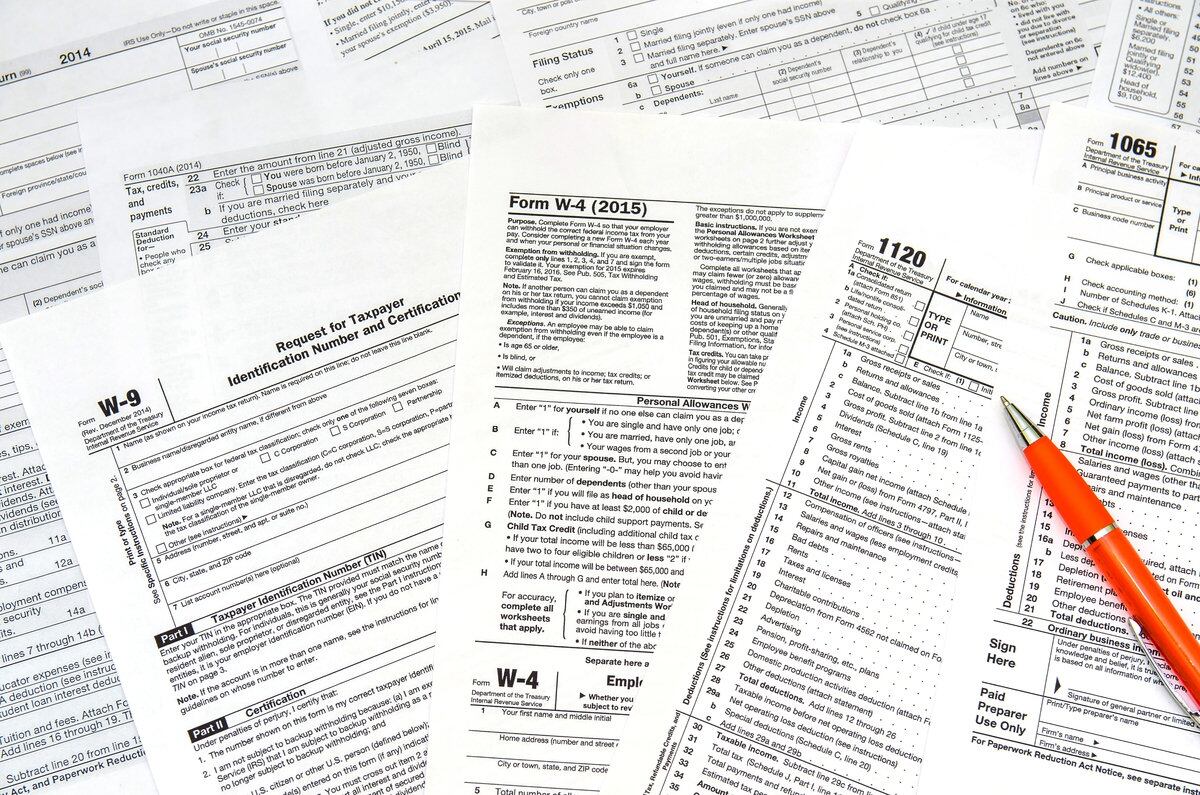Due to longstanding funding cuts, a lack of trained personnel and a reluctance to innovate, the Internal Revenue Service is unprepared to deal with taxpayer needs for the first tax season under the GOP’s new tax law, according to the Taxpayer Advocate Service’s Annual Report to Congress.
According to the report, the IRS estimates that it will need $495 million in the 2018 and 2019 fiscal years to implement the new tax law, which would include “programming and systems updates, answering taxpayer phone calls, drafting and publishing new forms and publications, revising regulations and issuing other guidance, training employees on the new law and guidance, and developing the systems capacity to verify compliance with new eligibility and documentation requirements.”
“I see daily the consequences of reduced funding of the IRS and the choices made by the agency in the face of these funding constraints,” national taxpayer advocate Nina E. Olson wrote in the preface to the report.
“These impacts are real and affect everything the IRS does. Funding cuts have rendered the IRS unable to provide acceptable levels of taxpayer service, unable to update its technology to improve its efficiency and effectiveness, and unable to maintain compliance programs that both promote compliance and protect taxpayer rights. ’Shortcuts’ have become the norm, and ‘shortcuts’ are incompatible with high-quality tax administration.”
The IRS has seen an approximately 20 percent reduction in funding in 2010, when adjusted for inflation, which an IRS press release said “challenged the agency’s ability to perform basic tasks of administering the tax system.”
According to the report, the IRS has had to “sharply curtail” the scope of tax law questions it answers for taxpayers since 2014. The agency predicted prior to the passage of the new tax law that its workforce would be able to answer six out of 10 calls from taxpayer’s seeking to speak with a live assistor during the 2018 filing season. For the full 2018 fiscal year, the IRS predicts that it will only be able to answer four of 10. And the calls that do go through are only able to answer “basic” tax-law questions.
This inability to answer taxpayer questions largely comes down to workforce reductions, as the IRS employee training budget has been cut by nearly 75 percent since 2009.
The Trump administration is pushing businesses to withhold less in taxes from employee paychecks to give the new tax law a boost in take home pay, according to a Jan. 10, 2018, Washington Post article, a move that would require those businesses to use old forms to calculate new tax payments. The already-strained IRS plans to issue guidance on the process.
RELATED

However, Olson said that lack of funding is not a catch-all excuse for poor performance.
“Limited resources cannot be used as an all-purpose excuse for mediocrity,” she wrote.
“There is not a day that goes by inside the agency when someone proposes a good idea only to be told, ‘We don’t have the resources.’ In the private and nonprofit sectors, saying ‘we don’t have the resources’ is the beginning of the discussion, not the end. Yet with the IRS, lack of resources often has become a reflexive excuse for not doing something, or worse, for doing things ‘to save resources’ that harm taxpayers, foster noncompliance, and undermine taxpayer and employee morale.”
Olson said that the answer to the IRS’s woes lies somewhere in between the need for more funding and the motivation to do more with what they already have.
“The IRS absolutely needs more funding. It cannot answer the phone calls it currently receives, much less the phone calls it can expect to receive in light of tax reform, without adequate funding,” Olsen wrote.
“But within the budget it currently has, there are plenty of opportunities for the IRS to demonstrate that it can do a better job of using creativity and innovation to provide taxpayer service, encourage compliance, and address noncompliance.”
This year, to address many of the problems with tax administration, the National Taxpayer Advocate also released a “Purple Book” containing 50 legislative recommendations to aid Congress in its consideration of taxpayer rights and IRS reforms.
“The IRS will have its hands full in implementing the new law,” Olson said in releasing the report. “We have already seen confusion about withholding changes, confusion about the deductibility of prepaid property taxes, and confusion about whether states can allow taxpayers to make charitable contributions in lieu of taxes as a way of permitting their residents to claim larger tax deductions than would otherwise be allowed because of the new $10,000 cap on the state and local tax deduction.
“The IRS will have a lot of issues to work through, and taxpayers will have a lot of questions. But with more funding, strong leadership, and a closer working relationship with Congress, I am convinced the IRS can do the job well.”
Jessie Bur covers federal IT and management.
In Other News




